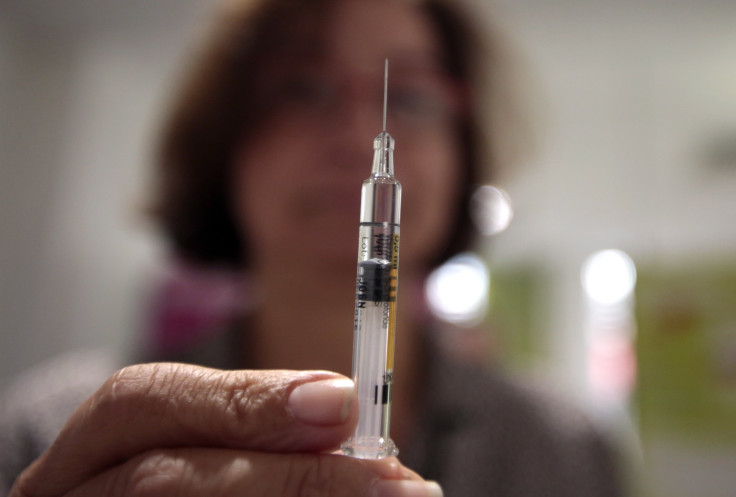
Different groups from around the world are trying to do their share of coming up with a working vaccine. There are breakthroughs such as the one from Pfizer and BioNTech plus some more in China. However, there are regions like Australia that initially showed promise but ended up raising trust issues.
The University of Queensland is developing one on their end, one of the dozens of coronavirus vaccines being tested worldwide. Unfortunately, their efforts have come to a screeching halt due to false positives that risked undermining the trust in the effort to vaccinate the public, The New York Times reported.
“We can’t have any issues with confidence,” Prime Minister Scott Morrison said to reporters, “and we are as a nation now, with a good portfolio of vaccines, able to make these decisions to best protect the Australian people.”
Initially, the vaccine showed promise. It was deemed safe and effective. That was until it produced the false-positive test results for H.I.V. in some volunteers participating in a trial study.
Hence, the vaccine being worked on in Australia becomes one of the first to be abandoned. Despite the setback, the announcement came at a time when the United States moved a step closer to issuing its first approval for a Covid-19 vaccine. This was after a panel of experts endorsed a Pfizer vaccine that is already in use in Britain to the Food and Drug Administration.
The main problem for the Australian vaccine was the use of two fragments of a protein found in H.I.V. It formed part of a molecular “clamp” that researchers placed on the spikes that surround the coronavirus and allow it to enter healthy cells. The clamp stabilizes the spikes, allowing the immune system to respond more effectively to the vaccine.
The use of the H.I.V. protein posed no risk of infecting the volunteers with that virus. However, the clamp generated the production of antibodies recognized by H.I.V. tests were at higher levels than expected.
Despite the setback, Health Minister Greg Hunt revealed that they had access to 140 million units of coronavirus vaccines — more than enough to cover its population of about 25 million people.
“This is the scientific process working,” Hunt said. “It’s the planning process working. It’s an honest explanation of some of the challenges we’ve had.”
© 2025 Latin Times. All rights reserved. Do not reproduce without permission.




